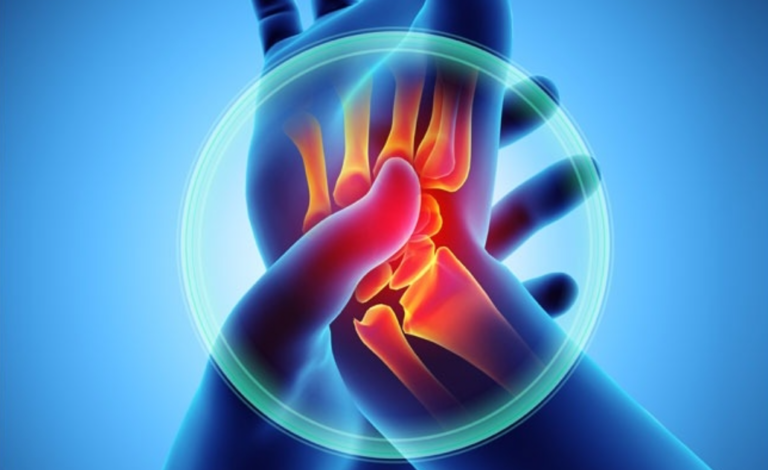[ad_1]
Rheumatoid arthritis (RA) is a chronic autoimmune disease that causes inflammation and pain in the joints. While most people are familiar with the physical symptoms of RA, such as joint swelling and stiffness, the emotional impact of the disease is often overlooked. Living with RA can be emotionally challenging, as it can affect all aspects of a person’s life, including relationships, work, and daily activities.
One of the biggest challenges facing people with RA is the stigma associated with the disease. Many people still believe that RA is just a condition that affects older people, or that it is simply a result of aging. This stigma can be particularly damaging for younger people with RA, who may feel isolated and misunderstood by their peers. Breaking down this stigma is crucial in helping people with RA feel supported and empowered to manage their condition.
Another emotional challenge faced by people with RA is the constant uncertainty and unpredictability of the disease. Flare-ups can occur suddenly and without warning, making it difficult for individuals to plan their daily activities or make long-term commitments. This uncertainty can lead to feelings of anxiety and frustration, as people with RA may feel like they have little control over their own bodies.
Additionally, the physical limitations imposed by RA can have a significant impact on a person’s self-esteem and mental health. Simple tasks that were once effortless, such as getting dressed or preparing a meal, may become difficult or impossible. This loss of independence can be demoralizing and can lead to feelings of helplessness and depression.
It is important for people with RA to address the emotional impact of the disease and seek support when needed. Connecting with others who are also living with RA can help individuals feel less alone and more understood. Support groups, online forums, and counseling services can provide a safe space for people with RA to express their feelings and learn coping strategies.
Practicing self-care and prioritizing emotional well-being is also essential for people with RA. Engaging in activities that bring joy and relaxation, such as reading, painting, or spending time with loved ones, can help reduce stress and improve mood. Exercise and physical therapy can also be beneficial for managing the symptoms of RA and boosting overall emotional well-being.
Ultimately, breaking the stigma surrounding RA and addressing the emotional impact of the disease are critical steps in supporting the well-being of individuals living with this chronic condition. By fostering understanding, empathy, and a sense of community, we can help people with RA feel more empowered and resilient in the face of their diagnosis.
[ad_2]

